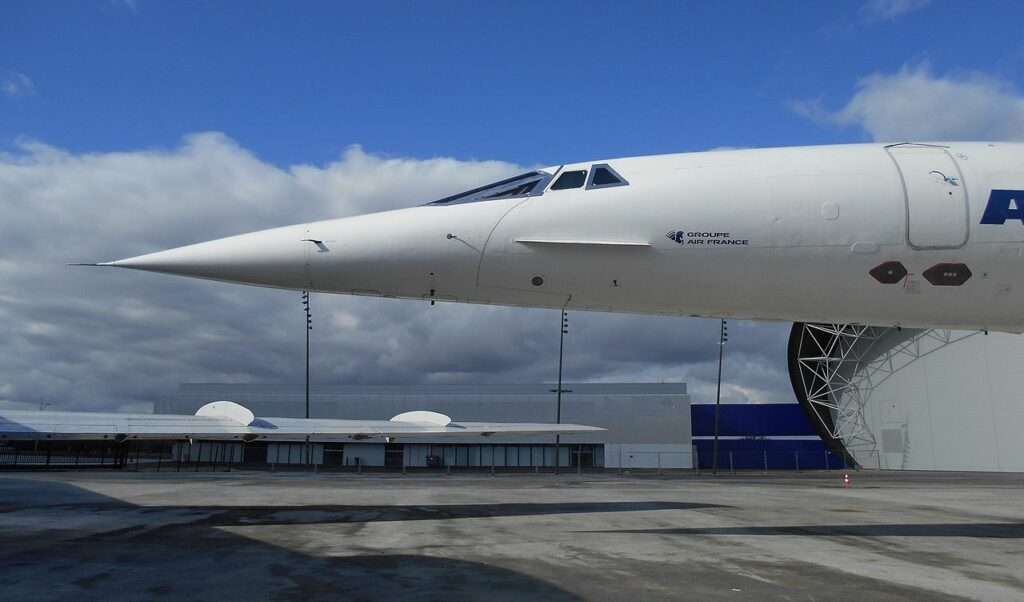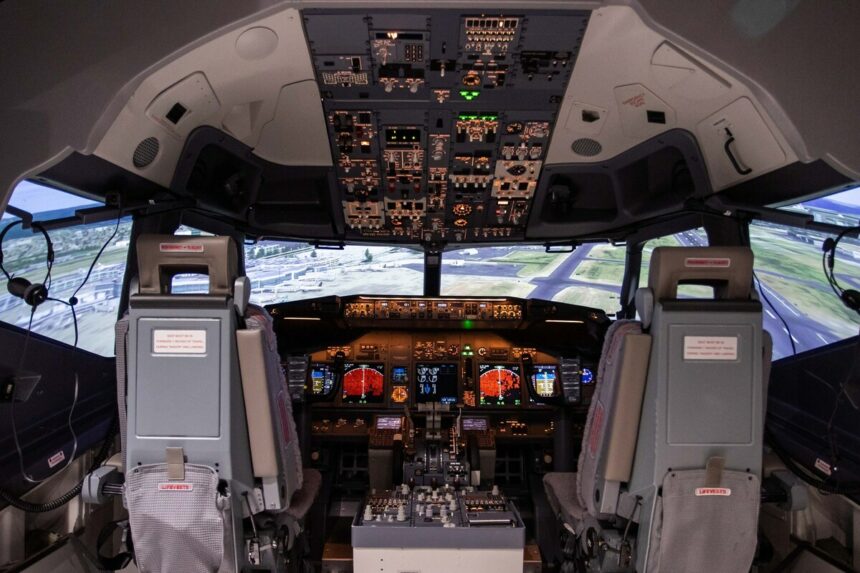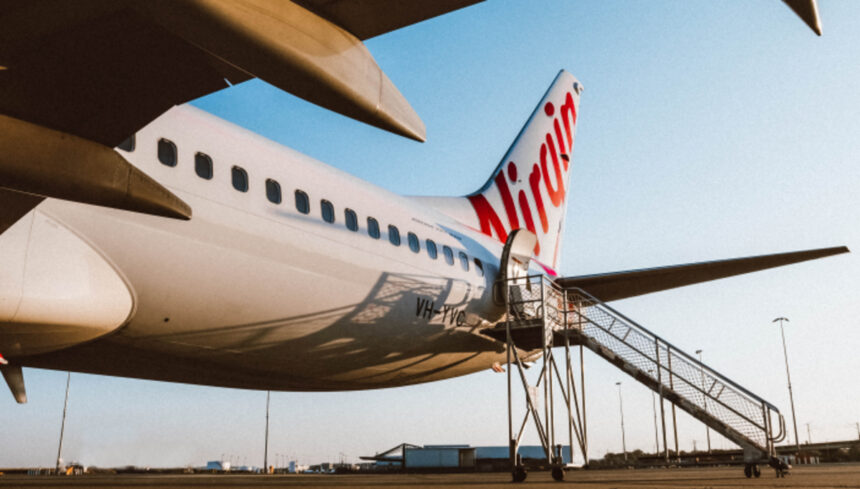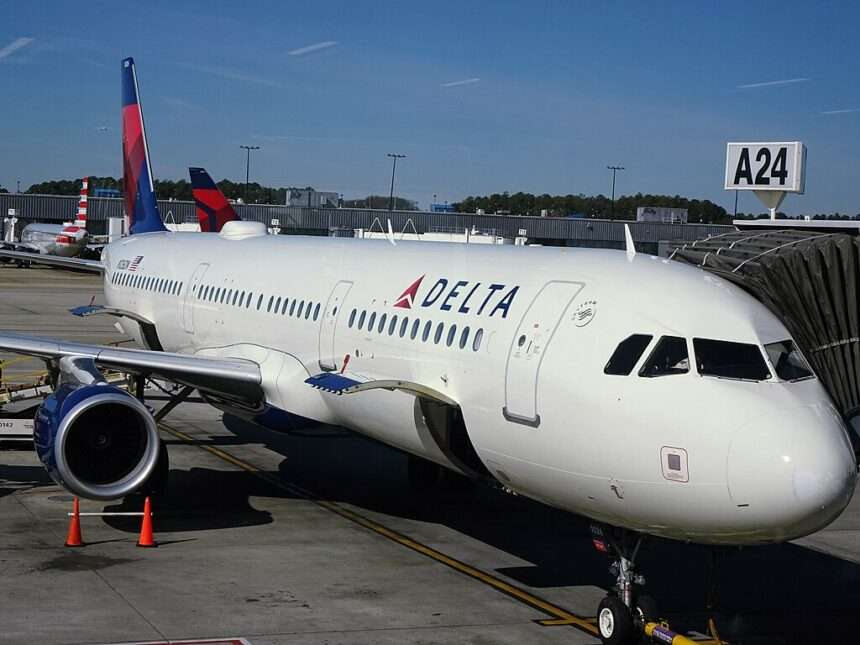As we mentioned in the previous part of our Concorde history mini-series, Air France Flight AF4590 was a factor in the program’s withdrawal. But it wasn’t the only one.
This piece will take a look at some of the contributing factors surrounding the withdrawal of the aircraft type, as well as some events that took place within that period.
Without further ado, let’s get into it…
Recap on Air France Flight AF4590…

As we touched upon in the previous part of this mini-series, Air France flight AF4590 did play a big part in the started process of bringing Concorde’s life to an end.
The aircraft struck a piece of titanium alloy from an engine cowl on a Continental Airlines McDonnell Douglas DC-10 on July 25, 2000, which resulted in the plane crashing into a hotel in Gonesse, killing all onboard plus four people at the hotel.
Concorde was grounded between August 2000-November 2001, and in that time, airlines being British Airways & Air France began to realise that flying passengers first class on a sub-sonic basis was actually more profitable than operating Concorde.
However, that wasn’t the only reasoning behind Concorde’s exit from commercial service.
9/11…
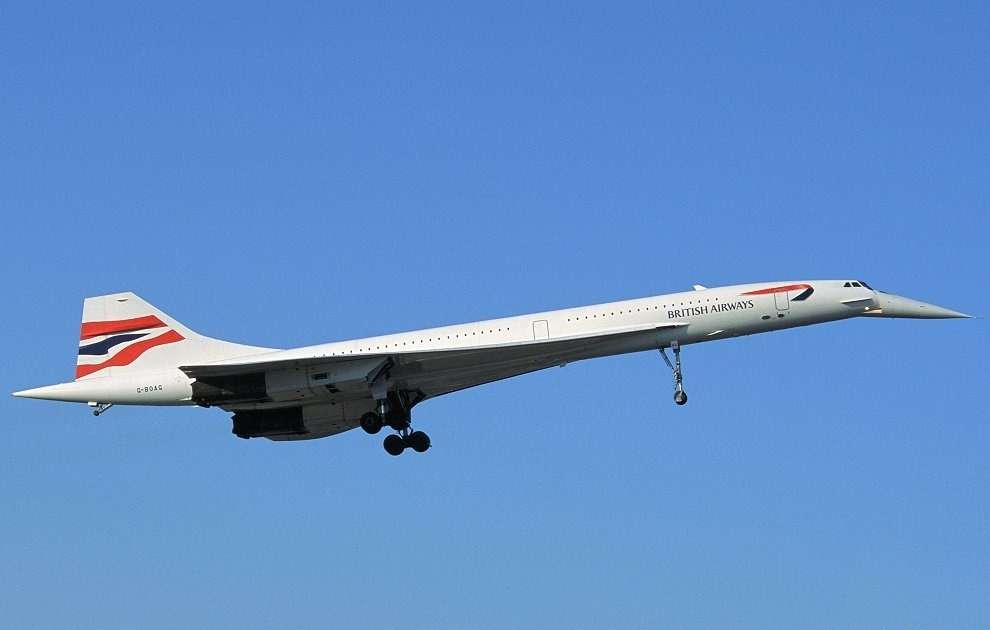
About a year and a couple of months after the Concorde crash happened in Paris, the sad and significant events in New York happened on September 11th, 2001.
Two commercial airliners, being American Airlines Flight 11 and United Airlines flight 175, hit both towers, causing them to collapse, as well as American Airlines Flight 77 hitting the Pentagon, and the failed attempts made by terrorists onboard United Airlines Flight 93 to hit the U.S Capitol Building or The White House, incited a different attitude towards flying for quite some time.
Passengers were afraid of going on commercial jetliners as more attacks similar to 9/11 could have happened at that time.
The same applied to Concorde as well, with British Airways and Air France operating the Concorde to New York’s JFK as well. Until significant changes were made to airport security, which lacked incredibly during 9/11, passenger confidence would remain at all-time lows.
Airbus Refusal To Provide Replacement Concorde Parts…

Airbus acquired Aerospatiele, the manufacturer of Concorde, in 2000.
And with that, they announced in 2003 that they would no longer supply replacement parts for the aircraft, offering another blow to the program.
Relating back to the discussions made between August 2000 and November 2001 about aircraft such as the Boeing 747 that could do these sort of flights but on a sub-sonic basis, there was very little pressure from both Air France & British Airways, as well as on the flying public to continue providing such parts.
Concorde was built before the microchip era, so there were no digital technologies onboard the aircraft, and 30 years after it’s first flight, it was majorly outdated compared to aircraft like the Airbus A330, A340, Boeing 747, 757, 767, 777 and other aircraft that were capable of crossing the Atlantic.
[monsterinsights_popular_posts_inline]
Lack of Commitment from British Airways?

In Donald Pevsner’s article on “The Betrayal of Concorde”, he argued that there was a lack of commitment from British Airways to keep the aircraft in the air.
Pevsner argued that the Director of Engineering at the time, Alan McDonald, undermined British Airways’ resolve to continue operating the Concorde post-2003.
Such undermining of the program went as far as the mainstream media, as seen in an article by The Guardian reflecting Concorde’s age:
“Concorde was an outdated notion of prestige that left sheer speed the only luxury of supersonic travel”.
And that quote did reverberate with the points made in this article already about passengers wanting more luxury onboard at that time than they did speed.
Attempts Were Made to Revive Concorde…

Attempts were made by Virgin frontman Richard Branson to keep Concorde in active service, through the Virgin Atlantic name.
He was famously known for approaching British Airways and offering them £1 for the aircraft, in reference to the price they were originally given the aircraft, as the UK & France were the two countries responsible for designing Concorde.
British Airways did dismiss this offer, but Branson didn’t back down. He made a second offer of £1m per jet, which British Airways rejected again, before making a third and final offer for around £5m per jet, due to his need to operate the jet for many years to come.
This never formulated, and such British Airways aircraft were sent to different displays around the world, including the Manchester Airport Runway Visitor Park, the Aerospace Bristol Museum, as well as the U.S.S Intrepid.
Overall…

What remains clear is that Concorde’s exit from commercial service was painful. Through Airbus not wanting to provide spare parts, to 9/11 happening, and British Airways not offering any hope of its permanent revival, there was only one fate destined for the jet: Withdrawal.
As you will come to see in the next and final part of this historical mini-series, there were consequences to Concorde’s withdrawal, but as we have seen in the last 20 years, the aviation industry has adapted to that.
But, as they say, the grass is always greener on the other side, as you will explore from the numerous Concorde articles we have coming to you over the next 5-6 weeks.

Click the banner to subscribe to our weekly newsleter.





